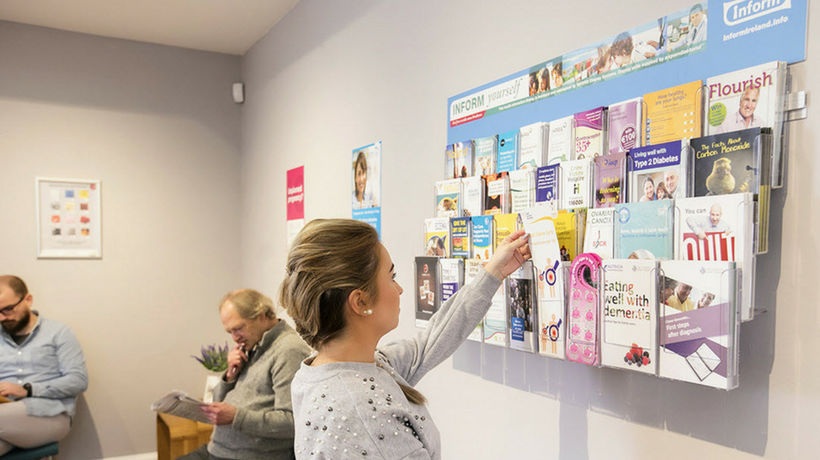By Corinne Rivard
“We are living longer and our hearts are beating from the time we’re born until the time we die. So, we need to know what’s going on in there.”
–Follow YOUR Heart Video© The General Hospital Corp. All Rights reserved.
As a patient, YOUR VOICE is an important part of improving your health. Your wellness visit with your doctor or nurse is a gateway to having important conversations with your healthcare provider.

A lot of information is shared with you during your medical appointments, and this can be overwhelming and sometimes confusing. One way to empower yourself and reduce confusion during your medical visit is to be proactive and ask questions when talking to your healthcare provider. For example, when you don’t know the meaning of a word (such as hypertension) or when instructions aren’t clear (such as does taking medicine with food mean before, during, or after a meal?) don’t be afraid to ask questions1. Dr. Ted Epperly, a family medicine professor at the University of Washington School of Medicine, agrees that “asking questions is one of the best ways to ensure you and your doctor are on the same page”.2 If you don’t ask questions, your provider may assume you already know the answer.
Secondly, make sure your provider explains your test results in a way that makes sense to you. You may want to ask your healthcare provider for a written copy of your test results if that is helpful to you. If the test is done by a specialist, you can ask to have the results sent to your primary provider.1
Lastly, make sure your healthcare provider knows which medications you are taking. If your healthcare provider prescribes a new medication, be sure to ask why you are taking it, how to take it, and what side effects you may expect. Let your healthcare provider know if your medicine doesn’t seem to be working or if you are experiencing side effects. If you want to stop taking a medication, always check with your healthcare provider first.1
There are often helpful brochures about your health available in the waiting room of your healthcare office. At your visit, don’t be afraid to pick up a health information brochure from the waiting room, show it to your provider and ask “Does this apply to me?”. Educating yourself and asking your healthcare provider questions allows you to be an active partner in improving your own personal health and wellness. It is an important first step in improving your quality of life.
References
1 https://www.nia.nih.gov/health/what-should-i-ask-my-doctor-during-checkup



